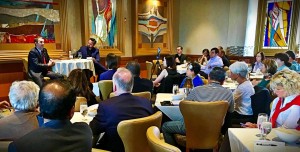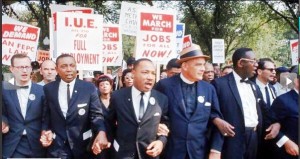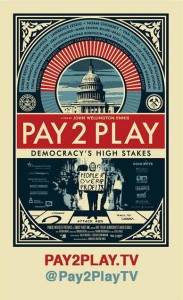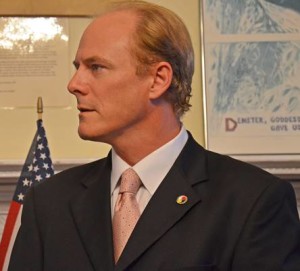 So can we put the nation back together again?
So can we put the nation back together again?
Truth be told, perhaps we cannot.
We will be reviewing in the years ahead, the price to our Republic of suffering through a national conversation conducted at the level of a badly cast reality show, when we seemingly lost sight of our shared humanity, endured false aspersions, half-truths, lies, pejorative nick names, in defiance of previously respected norms set by our constitution, statute, case law, tradition, protocol, ritual, and common sense, in other words, the elaborate social contract we’ve negotiated for generations by which our citizens agreed how we could function as a collaborative and peaceful society.
We had one candidate who believed that lies were the coin of the realm and that facts didn’t matter because he expected too few would bother to check or care to find out what was the truth.
Aristotle wrote politics is the highest calling as it has the most pervasive influence on any society. That was hard to conclude from this year’s food fight.
For starters, if we can’t agree that facts matter, if everyone can choose their own truth, then how are we to inform our judgement about our representatives and the public policy we seek to have them enact or execute.
Aristotle’s second book of Rhetoric states that we are persuaded by emotions and the best way to make an argument is to manipulate the fact finder or voter by moving them to anger, sympathy, envy, love and adoration, as suits the cause one espouses. Is that what we’ve been doing? Well, we need more reason, logic and truth than we’ve had.
We call our phone an I-phone, our music I-tunes, our tablets I-pads, and there’s also the I-pod.
Is there any room for an “US” in I?
What we’ve lost this political season is a focus on really important matters that affect us all.
Are we going to continuing compromising our domestic agenda by our urge to rule the world?
When are we going to wrap our arms around the terror of nuclear annihilation? Can’t we see that there are so many of us compromising the limited resources of our struggling planet, and that we’d better do better than we have?
What are we going doing about a crumbling infrastructure? What are we going to do to share the wealth fairly? When are we going to decide that, if we have shifting job opportunities, that we should train those hurt by shifting markets who can’t otherwise adjust themselves?
When and how are we going to remove the obstructions to education for our children and young adults, you know, the high cost of learning and the high interest on student loans?
When are we going to insist that the cost of prescriptions be reasonable, that health care be universal, and especially so for the underprivileged and fragile members of our society?
So many invoke our founding documents but recoil from immigrants and equal rights for all – isn’t it about time we got this right – or returned that maiden lady to France – if we can’t or won’t guarantee liberty for all?
Instead of scratching our collective heads about the new math, let’s embrace innovation and undertake a great challenge to bring the nation together in a positive way, instead of like some dysfunctioning domestic relations disaster.
What are we going to do about the fact that our saged are living longer, what should we do about their retirement, about the contributions they still have to make that society resists because of the oft-ignored bias against our older Americans?
The American brand of liberty, freedom and success has suffered around the world with this disastrous presidential season.
So the question is, can we put the nation back together again?
We can but we have to do this together.
Thomas Jefferson wrote, “A nation that expects to be ignorant and free, expects what never was and never will be.”
It’s time for us to smarten up – if we can.










